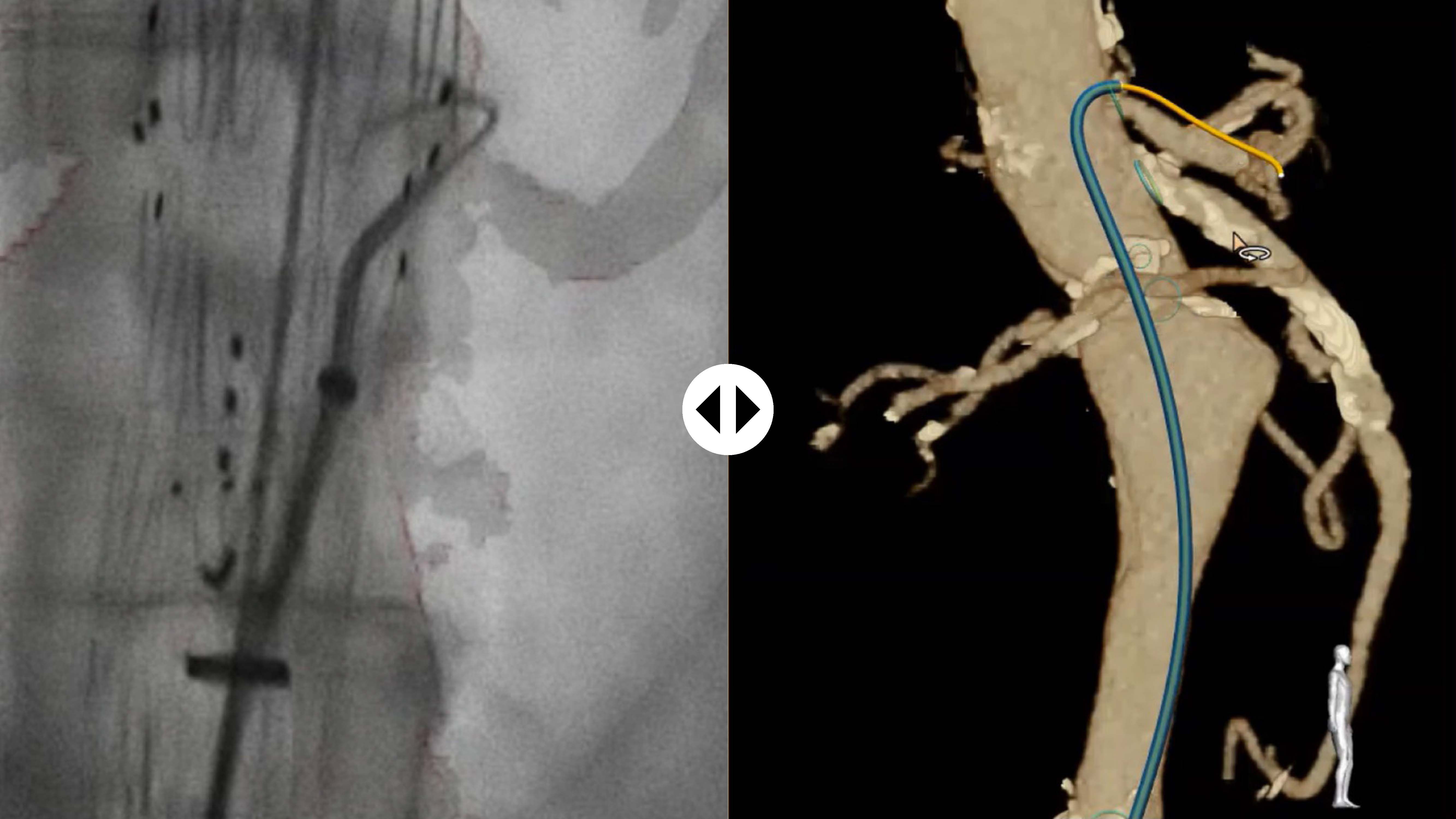
LumiGuide
Turning light into data with 3D device guidance in a radiation-free environment
LumiGuide – powered by Fiber Optic Real Shape – gives you unprecedented, full-shape 3D device1 visualization. From any angle. In real-time. With distinctive colors. And integrated into your known roadmap techniques.



